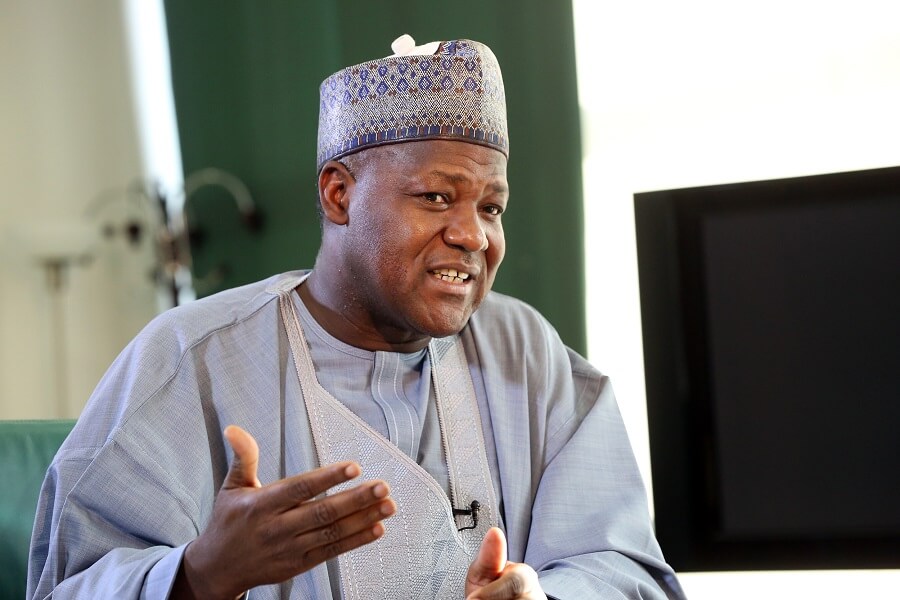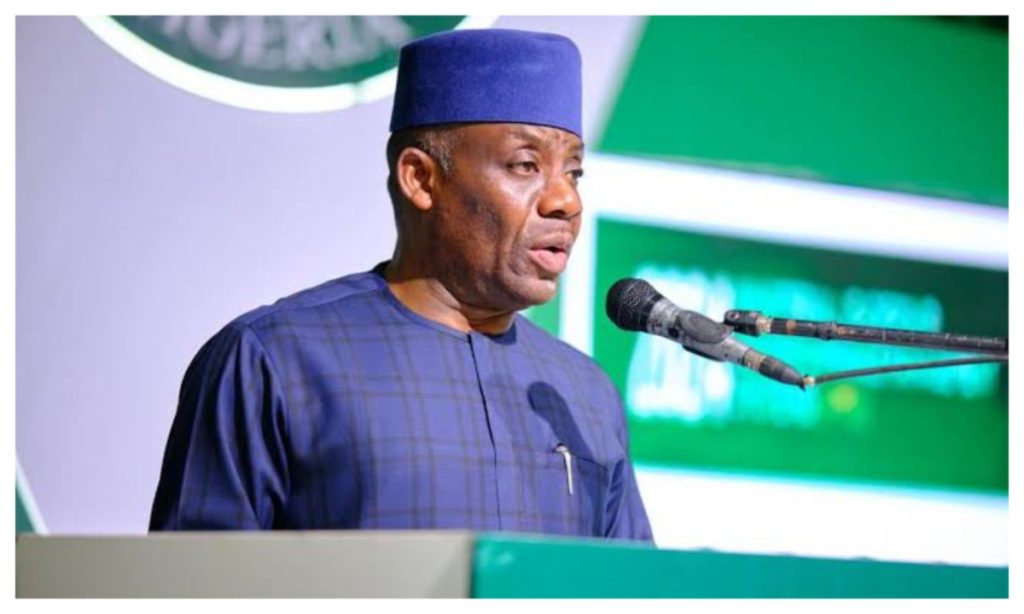French Government Faces Reckoning Over 1994 Rwandan Genocide
The 1994 Rwandan genocide, a dark period in African history, has once again put France in the international spotlight. Paris has been accused of “complicity” in the mass killings of minority Tutsis and moderate Hutus, sparking renewed calls for accountability. On a recent Thursday, the Paris Administrative Court took a significant step forward by commencing an unprecedented hearing to examine the role of the French state in the genocide.
Survivor associations are pushing for a thorough examination of France’s involvement in the tragic events, claiming that the country provided tacit support through a defense agreement, illegal arms deliveries, and the alleged abandonment of civilians. Their lawsuit demands a staggering $540 million in reparations for the victims’ families. France’s actions have been questioned before, with critics arguing that the country supported the Rwandan government responsible for the brutal 100-day killing spree that ultimately led to the deaths of over a million people.
French President Emmanuel Macron has publicly acknowledged that France and its allies could have prevented the genocide, but lacked the will to do so. However, the French government claims that it does not have jurisdiction over the case. Despite previous failed criminal proceedings, this hearing marks the first time the matter will be considered by an administrative court, sparking hopes of justice for the survivors and their families.
The Rwandan genocide was a brutal chapter in history that saw the Tutsi-dominated Rwanda Patriotic Front, led by now President Paul Kagame, intervene to stop the killings and drive the Hutu army, as well as millions of civilian Hutus, into exile. As the world awaits the court’s ruling, set for November 14, many are calling for France to confront its alleged role in the atrocities and ultimately take responsibility.
While the outcome is uncertain, the Paris Administrative Court’s decision will undoubtedly have significant implications for France’s international reputation and its relationship with countries like Rwanda. As the court weighs the evidence, the testimonies of survivors and the demands for justice will be at the forefront, pushing for closure and accountability for one of Africa’s darkest periods.



